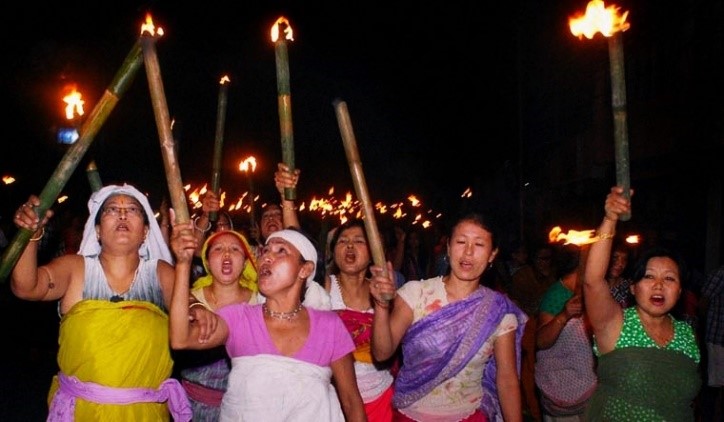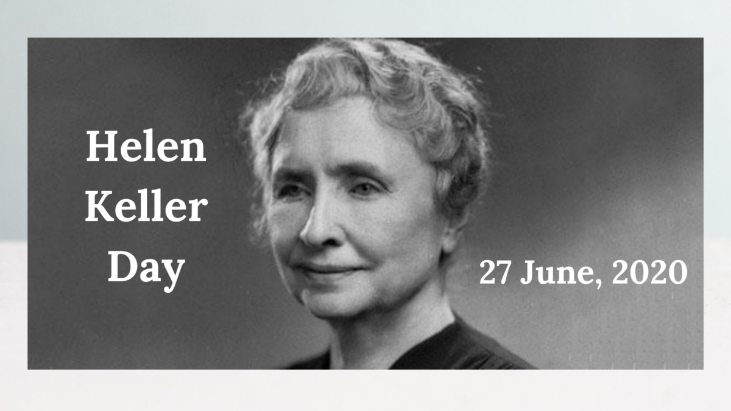Description

Figure 1: No Copyright Infringement Intended
Context
Political parties should consider making substantive changes to the way reservation is implemented.
Background
- Reservation is a form of positive discrimination, created to promote equality among marginalised sections, so as to protect them from social and historical injustice.
- Generally, it means giving preferential treatment to marginalised sections of society in employment and access to education.
- The National Front government in 1990 implemented the recommendation of the Mandal Commission i.e the jobs in the central government should be reserved for the Other Backward Classes and this led to violent ‘anti Mandal’ protests in di erent parts of the country.
- This dispute between the supporters and opponents of OBC reservations was known as the ‘Mandal issue’ and was to play an important role in shaping politics since 1989.
- The decision was also challenged in the Supreme Court and came to be known as the “Indira Sawhney case”.
Reservation for OBCs in Educational Institutions
- 1979, the Central Government appointed the Second Backward Classes Commission under the chairmanship of B.P. Mandal.
- The Mandal Commission was appointed in terms of Article 340 of the Constitution to investigate the conditions of the socially and educationally backward classes and suggest measures for their advancement .
- The reservation to OBC was an exception to Article 15 of the Indian Constitution which was added by the 93rd Amendment Act of 2005.
- The Central Government enacted the Central Educational Institutions (Reservation in Admission) Act, 2006, providing a quota of 27% for candidates belonging to the Other Backward Classes (OBCs).
Reservation for EWSs in Educational Institutions
- Another exception to Article 15 was added by the 103rd Amendment Act of 2019 which provided 10% reservation to Economically weaker section
- This clause provides 10% reservation for economically backward sections who are not included in any reservation criteria
Indra Sawhney case
- Indra Sawhney case 1992 ruled that the total reservation for backward classes cannot go beyond the 50% mark.
- Not only Maharashatra but Tamil Nadu, Haryana and Telangana also exceed the reservation quota above 50% .
- 1990, when the V P Singh led-government set out to implement the Mandal report and it was challenged in court.
- The court in this judgment upheld the 27 % quota that was provided to the Socio economic Backward classes.
- The advanced sections among the OBCs (the creamy layer- Economically well o ) should be excluded from the list of beneficiaries of reservation.
- Limit should not exceed 50% except in exceptional circumstances and extraordinary situations, this limit can be crossed.
Constitutional provisions
- Article 15 and 16 of the Constitution enabled the State and Central Governments to reserve seats in government services for the members of the SC and ST.
- Article 330 and 332 provides for specific representation through reservation of seats for SCs and STs in the Parliament and in the State Legislative Assemblies respectively.
- Article 243D provides reservation of seats for SCs and STs in every Panchayat.
- Article 233T provides reservation of seats for SCs and STs in every Municipality.
- Article 335 of the constitution says that the claims of STs and STs shall be taken into consideration constituently with the maintenance of e cacy of the administration.
Judicial view
- State of Madras v. Smt.Champakam Dorairajan (1951) case was the first major verdict of the Supreme Court on the issue of Reservation.The case led to the First amendment in the constitution.
- Indra Sawhney v. Union of India (1992) case the court examined the scope of reservation
- Supreme Court in M. Nagaraj v. Union Of India 2006 case while upholding the constitutional validity of reservation for backward sections of the society.
- Jarnail Singh vs Lachhmi Narain Gupta case of 2018, Supreme Court upheld that the reservation in promotions does not require the state to collect quantifiable data on the backwardness of the Scheduled Castes and the Scheduled Tribes.








